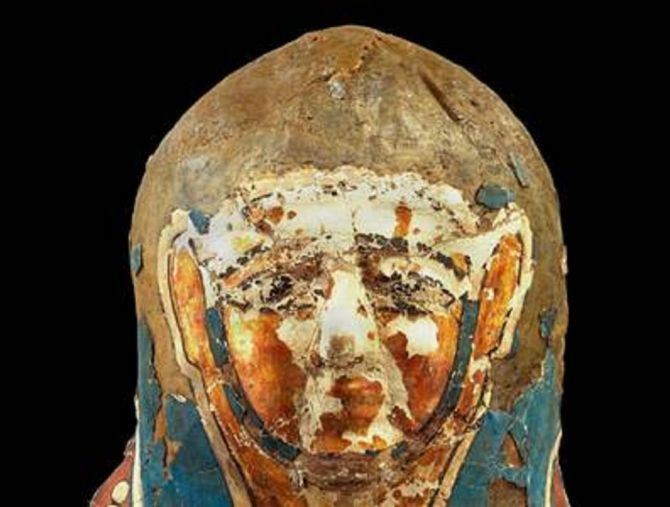Ancient Mummy Diagnosed With Prostate Cancer

Scientists have diagnosed a 2,200-year-old mummy with prostate cancer, suggesting that the disease is linked to genetics rather than the environment.
This is the oldest case of prostate cancer discovered in ancient Egypt and the second oldest in the world. The oldest detection of prostate cancer came from the 2,700-year-old skeleton of a Scythian king in Russia, and led scientists to suspect that cancer was actually quite prevalent in the past despite rare recorded cases.
The genetics or environment question is crucial to understanding cancer.
Researchers said that living conditions in ancient times were very different. There were no known pollutants or modified foods, which suggested that the disease is not only linked to industrial factors.
"Cancer is such a hot topic these days; experts are constantly trying to probe in hopes of answering the one question- when and how did the ailment really evolve?” said professor Salima Ikram of Egyptology at The American University in Cairo (AUC).
Researchers used high-resolution computerized tomography scans on the Egyptian mummy, known as M1, from the collection of the National Archaeological Museum in Lisbon. The images showed that there were patterns of round and dense bone lesions located in the mummy’s pelvis and lumbar spine, which were signs of the prostate cancer.
“The bone lesions were considered very suggestive of metastatic prostate cancer,” the researchers wrote in the International Journal of Paleopathology.
The mummy was that of an adult male with a height of five feet and five inches who lived between 285BC to 230 BC and died when he was between the ages of 51 to 60-years-old, according to researchers.
Images also showed that the mummified man suffered from lumbosacral osteoarthritis and that there were several post-mortem fractures that were probably produced when the mummy was shipped to Europe.
Digital X-ray scans revealed that the mummy had been buried with crossed arms, a common pose in Ptolemaic mummies, which in the New Kingdom was often associated with royals.
M1 was buried with a cartonnage mask and bib, and had a decoratively painted veil.
Prostate cancer develops in the prostate, a walnut-sized gland in the male reproductive system, and may spread to other pelvic regions like the lumbar spine, upper arm and leg bones, the ribs, and can ultimately spread to most of the skeleton. Problems with urinating, sexual intercourse or erectile dysfunction are all likely symptoms of the disease.
Ikram said that there are more deaths that can be attributed to cancer today because of longer life expectancies.
“Life expectancy in ancient Egyptian societies ranged from 30 to 40 years, meaning that those afflicted with the disease were probably dying from reasons other than its progression,” Ikram said.
Published by Medicaldaily.com



























